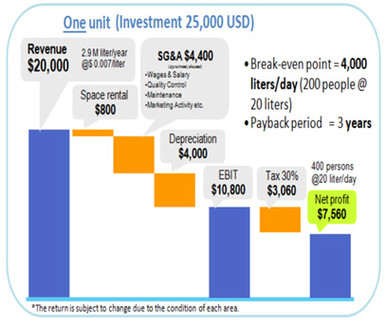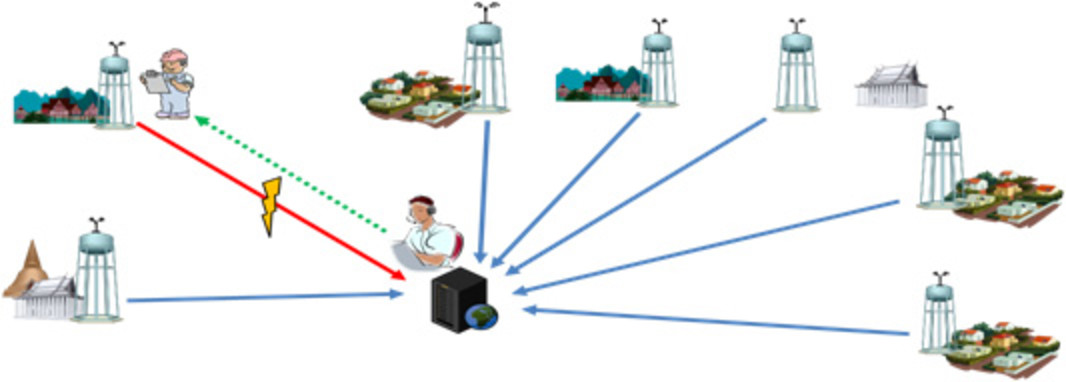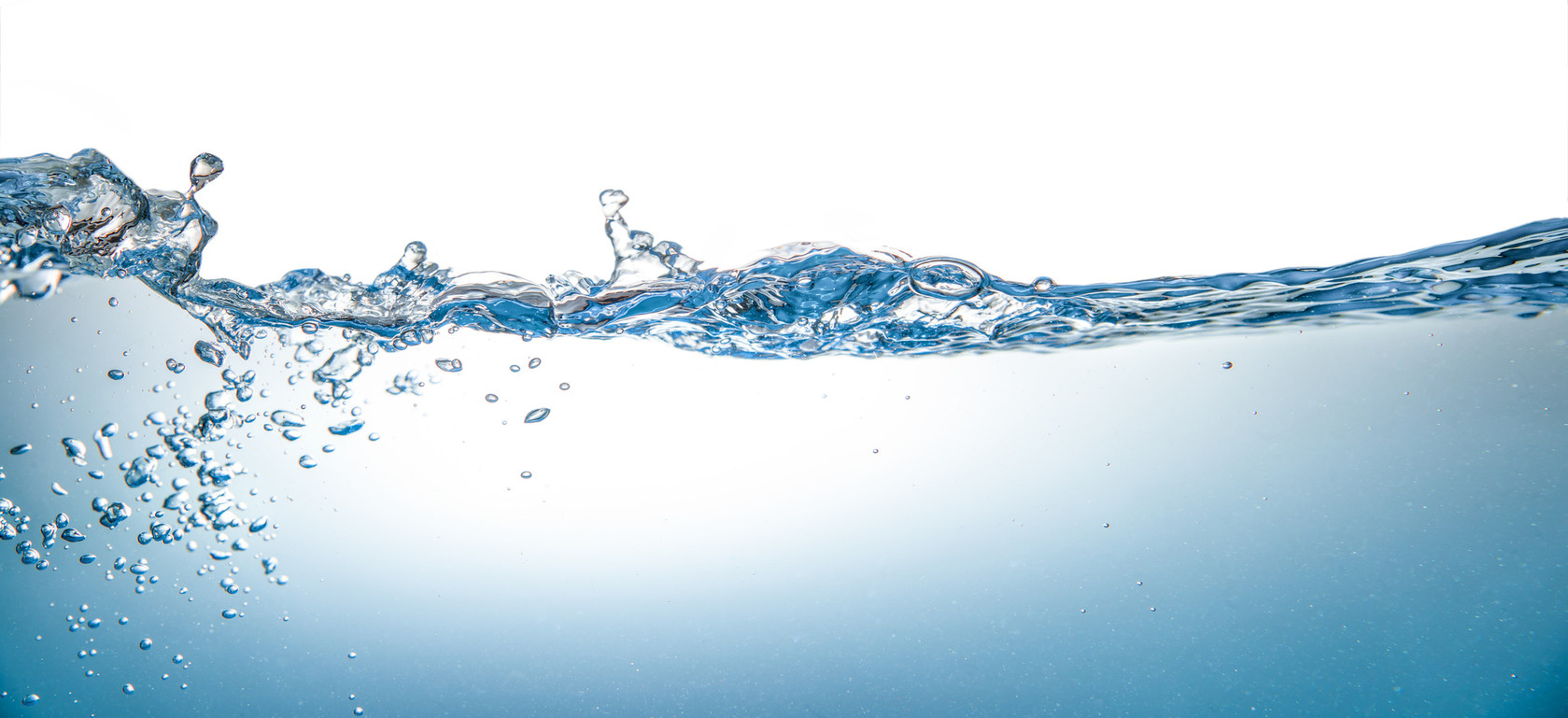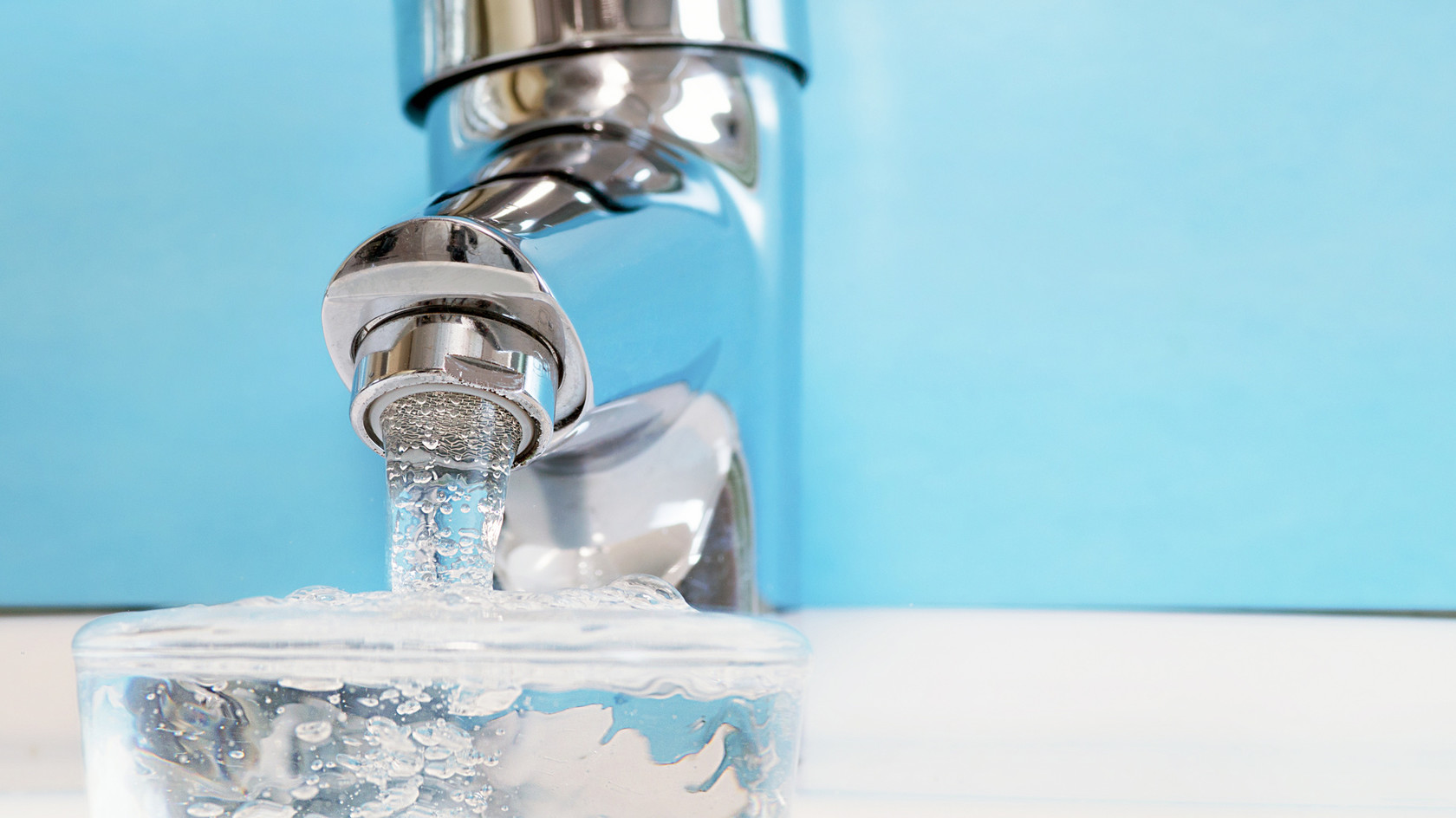Benefits
Health Benefits
Leaving the minerals in the water
The water produced by INTEWA is leaving the essential minerals in the water. Conventional systems like RO systems (reverse osmosis) are filtering out all life essential minerals from the water. Reverse osmosis water is dead water, with no use for the body. As water is a nutrition it shall contain the minerals the body needs for basic health. Drinking too much reverse osmosis water is suspected to cause mineral lack based diseases.
Bacteria free, Virus free, Legionella free, Protozoa free …
INTEWA is disinfecting automatically. The sensor in the freshwater tank is detecting signs for bacterias, viruses, legionellas and protozoas in the water. The system is automatically reacting and producing the disinfectant which is needed to kill all bacterias.
Be safe, feel free, drink and dont worry about waterborne diseases!
People are concerned about disinfection by heavy metals and trace substances but still die of cholera. Pathogen removal is of most important concern to assure safe drinking water conditions. John Fawell, drinking water expert and coordinator for the WHO guidelines for drinking water quality, World Health Organisation.

Cost Benefits
One liter water, filtered and desinfected by INTEWA cost around 0,001 Euro
Cost benefits compared to the water price
Compared to the water price in almost all countries you get the cubic meter (1000 liters) tap water for a cheaper price and with a better quality. You can drink the tap water that is produced by the INTEWA system, and you can be sure, that it is safe, because it is monitored online permanetly. The price for public water is higher in most countries than the water disinfected by Intewa. But the public water is mostly not potable. The cost for one cubic meter of residual disinfected water with the Intewa system are – depending on the raw water quality – around 11 cent.
For this you get German standard safe tap water. Everywhere. Anytime
Cost benefits through energy efficiency
The INTEWA system is consuming only 220 W to produce 1000 liters of disinfected potable water.
Compared to this RO is consuming between 3.000 W and 12.000 W to produce 1000 liters of dead (mineral free) water. RO is also producing 50% waste water. This is a problem when wastewater has to be paid for.
UV is consuming 500 W per 1000 liters, but does not provide any residual disinfection. This means that the water can be re-infected again immediately after disinfection.
Boiling is using the most energy, it is about 92.000 W per 1000 liters.
Business model water kiosk

There are several good business models, that provide a quick pay back period. One of them was developed by a team of the Thammassat University in Bangkok and won some prizes at several international business plan competitions. Here is the model for the water kiosk:
The investment cost are including the shop.
BUSINESS MODEL: decentralized water supply

Dezentralized water supply is one of the new world decentralized concepts, that will change our infrastructure, like the decentralized energy supply (by solar roof top systems) or the decentralized data and knowledge supply (Internet).
Creating dezentralized water supply and disinfection structures safe lots of money.
- There are no pipes needed to be built in remote areas
- The remote villages can be connected
- Redundant systems can provide safe tap water out of every water tap
- All systems can be controlled central. Maintenance cost are saved
Please ask us for more information about our decentralized water supply concepts.
Environmental benefits
Each system is saving CO2
Each system is saving CO2. How much is depending on the current water disinfection method. In many countries water is boiled to be disinfected. For example:
Please ask us for more information about CO2 reduction and environmental benefits.
Vietnam would save more then 12.000.000 MWh (twelve millions) energy per year and save more then 24.000.000 t/CO2 (twenty four million), when the water disinfection would be all done with INTEWA.
Social Benefits
The social benefits of providing safe, potable tap water to a community can just be estimated, but there are huge social benefits.
- People don’t need to worry anymore about how to get safe water
- The cost for healing water based diseases will be zero
- The productivity will grow
- …and families can create their income by being responsible for the water supply.


